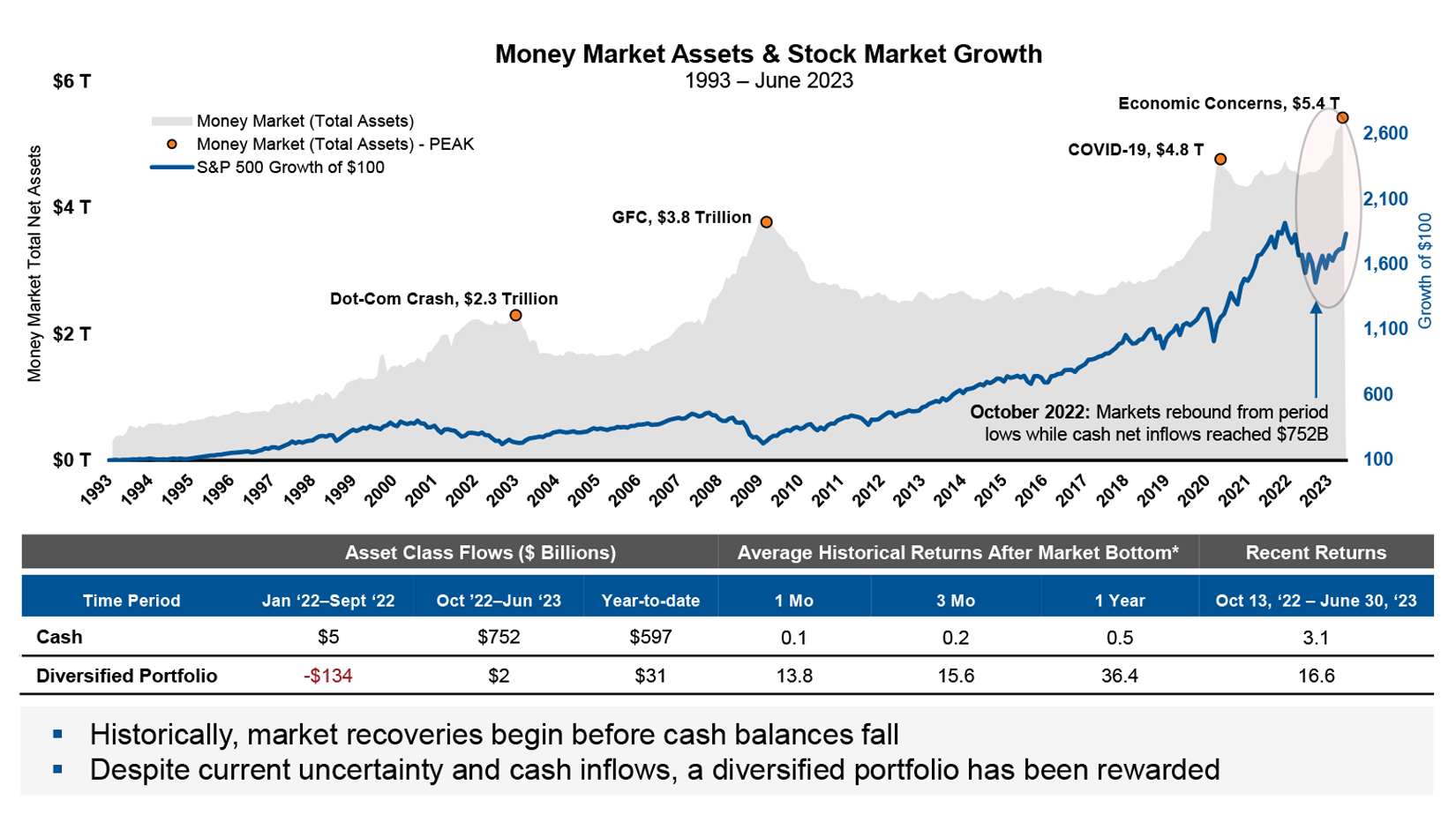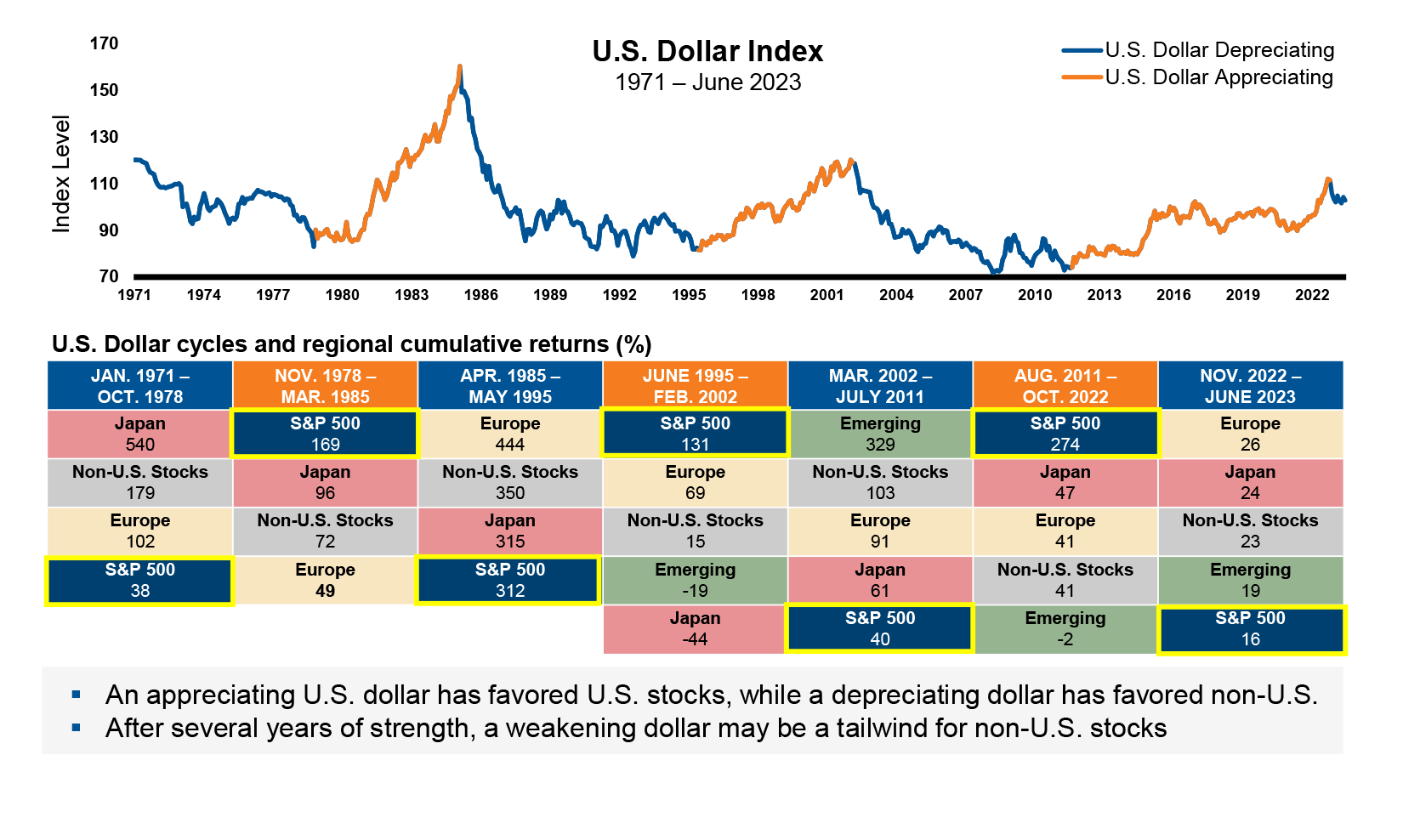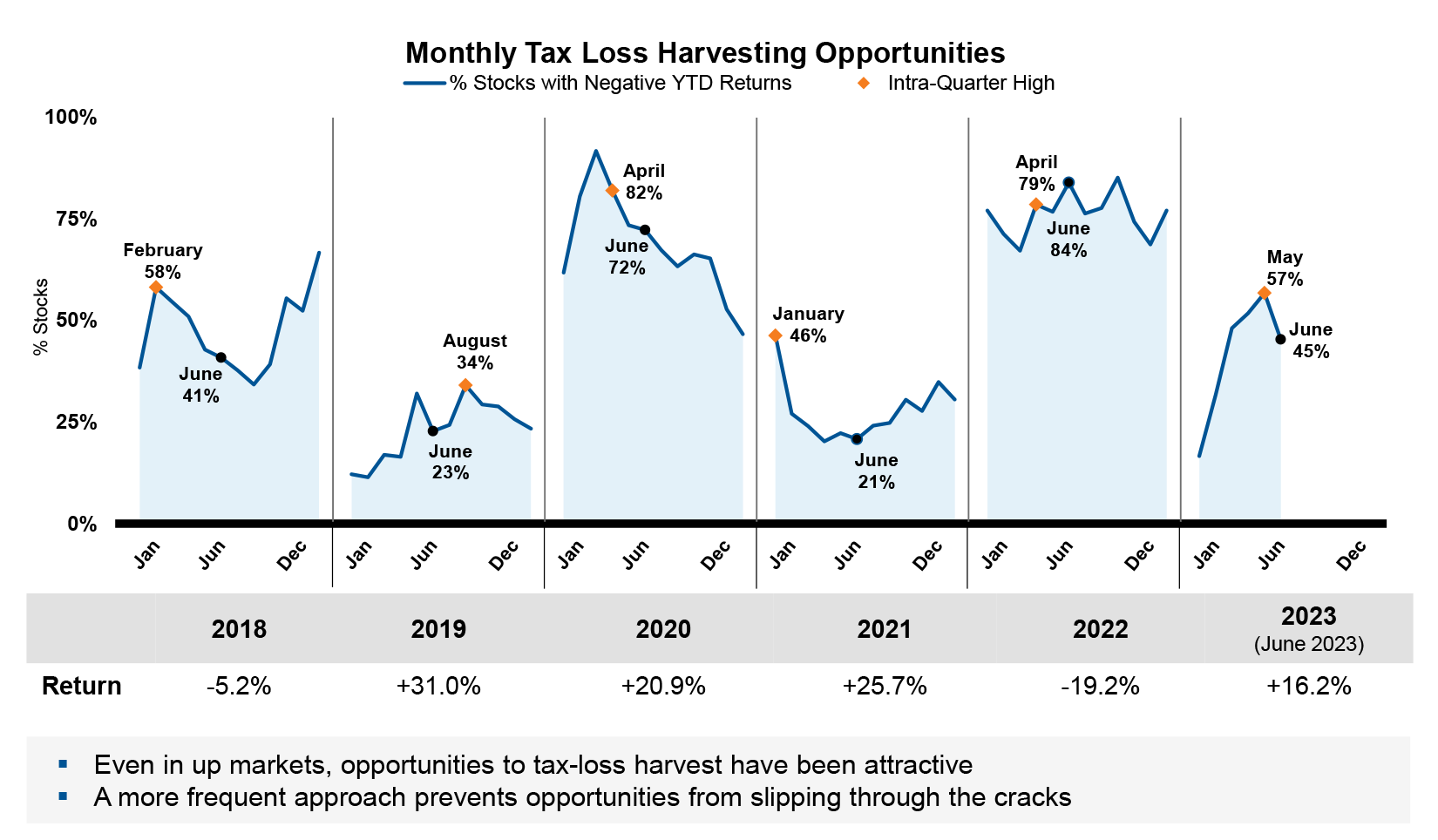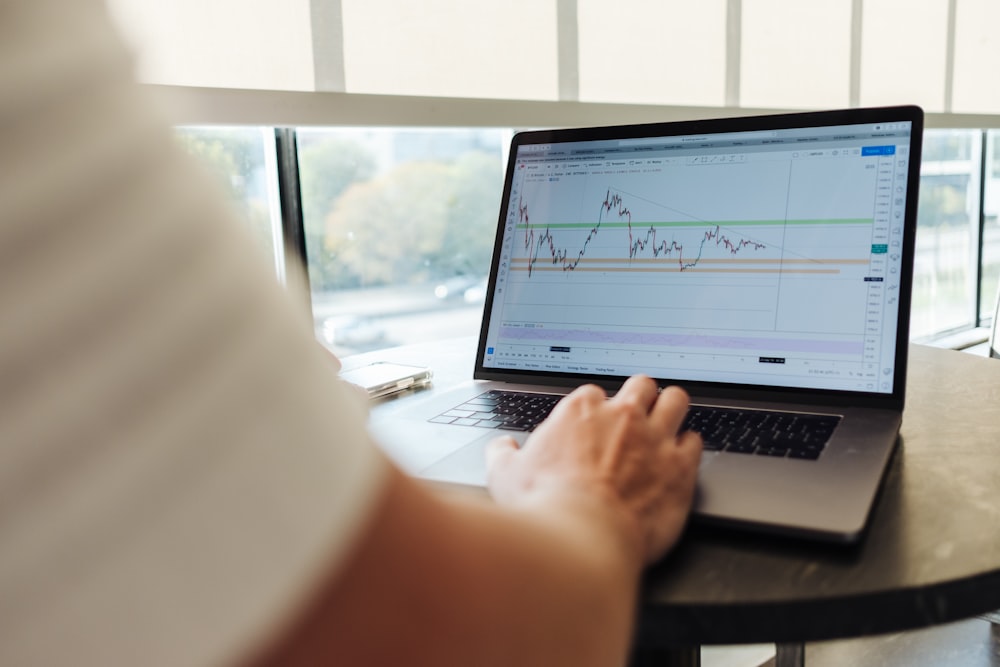The Value Of Staying In The Middle Of The Net: Q2 2023 Economic And Market Review
Image Source: Unsplash
In the world of investing, finding the perfect balance is crucial, as it is when you're skating on a pond or minding the net. Our Economic and Market Review for the second quarter of 2023 provides some valuable insights that stress the importance of avoiding extreme positions.
Here are some key highlights from the Q2 Economic and Market Review:
The temptation of holding cash
As interest rates rise, some investors are tempted to hold more assets in cash or cash equivalents. While this might appear to be a safe strategy, it comes with its drawbacks. Taxes on non-qualified accounts can reduce overall returns, and cash investments do not benefit from equity market rallies when interest rates decline. A diversified portfolio has historically performed better than cash returns over the long term. Additionally, it can be challenging to properly time when to re-enter the market, underscoring the importance of careful consideration when making decisions related to increasing cash holdings.
CASH CRAZE
Money market assets reach highest historical level
(Click on image to enlarge)

Source: Morningstar Direct & Refinitiv as of 6/30/2023. U.S. Equity: Russell 3000 index, Non-U.S. Equity: MSCI ACWI ex-USA Index; Bonds: Bloomberg U.S. Aggregate Bond Index; Real Assets (40%): FTSE NAREIT Equity Index; Infrastructure (30%): S&P Global Infrastructure Index 11/30/2001-Present and 50% DataStream World Gas Water & Multi Utilities, 30% DataStream World Pipelines, 20% Data Stream World Railroads prior. Natural Resources (30%): S&P Global Natural Resources Index 12/31/2002-Present and 50% DataStream World Oil & Gas, 50% DataStream World Basic Materials prior, Cash: ICE BofA US 3M Trsy Bill Index. Diversified Portfolio: 39% U.S. Equity, 17% Non-U.S. Equity, 39% U.S. Bonds, 5% Real Assets. Index returns represent past performance, are not a guarantee of future performance, and are not indicative of any specific investment. Indexes are unmanaged and cannot be invested in directly. Avg Historical Returns After Market Bottom*: Excludes Economic Concerns.
Currency impact on market performance
One aspect that often goes unnoticed is the impact of currency on market performance. When the U.S. dollar is strong, it bodes well for U.S. equities, while a weaker dollar benefits global markets. For investors who have investments outside the U.S. but reside in the country, a weaker dollar is advantageous because it means better returns when their international earnings are converted to U.S. currency. Looking ahead, there’s speculation the U.S. dollar might weaken, which could make non-U.S. equity more appealing due to the potential for gains from currency fluctuations.
HOW MUCH MORE BANG FOR THE BUCK?
Currency movements have been cyclical and influenced regional returns
(Click on image to enlarge)

Source: Morningstar and Ycharts. Non-US Stocks: MSCI World ex-USA Index. Regional returns represent MSCI Indexes. Returns in U.S Dollars. Index returns represent past performance, are not a guarantee of future performance, and are not indicative of any specific investment.
Tax loss harvesting
Tax loss harvesting is a strategy commonly used at the end of the year, where investors seek to minimize their tax liabilities by offsetting gains with losses. However, it's worth noting that opportunities to tax-loss harvest exist throughout the year, even when the overall market is performing well. These opportunities arise when certain stocks experience negative returns.
HARVESTING OPPORTUNITIES
% of stocks with negative YTD returns
(Click on image to enlarge)

Source: Morningstar Direct. Stocks: Russell 3000 Index constituents. Returns are year-to-date using previous year end index weights. Stocks that do not have full year returns were excluded.
Index returns represent past performance, are not a guarantee of future performance, and are not indicative of any specific investment. Indexes are unmanaged and cannot be invested in directly.
Fed rate cycles and fixed income
The U.S. Federal Reserve's (Fed) interest-rate policy significantly influences fixed income markets. Historically, fixed income investments usually perform well after a Fed tightening cycle, because interest rates tend to subsequently drop over time, increasing the value of bonds. Therefore, even after a challenging year for fixed income investments because of the higher rates, it’s generally recommended to hold on to bonds and benefit from potential future interest rate declines.
U.S. dollar dominance and inflation
The U.S. dollar's dominance in the world is still significant, with more than 80% of global trade conducted in that currency. While some observers have speculated the U.S. dollar may be losing its strength, its role remains strong, especially during times of uncertainty when investors seek safe havens. US assets. One of the main concerns this year is inflation, and fortunately, recent data show inflation is beginning to ease in the U.S., allowing the Fed more flexibility in its monetary policies.
Stay balanced in volatile markets
Amid market volatility and investor anxiety, it's essential to adopt a balanced approach and seek good advice. Reacting impulsively and constantly moving in and out of investments can be detrimental. Just as goalkeepers have a higher success rate when they stay in the middle during penalty kicks, investors who maintain a balanced and steady strategy tend to outperform those who frequently make drastic moves in the market.
In conclusion, our Q2 2023 Economic and Market Review encourages investors to stay in the middle and strike a balanced approach. Paying attention to currency fluctuations, understanding the impact of Fed rate cycles, avoiding the temptation of cash, acknowledging the strength of the U.S. dollar, considering inflation levels, and utilizing tax loss harvesting are all key elements to optimize investment strategies. By doing so, investors can navigate the unpredictable market landscape with more confidence and potentially achieve better long-term outcomes.
More By This Author:
Back To The 1990s? Bank Of England Rate Hikes May Pinch London's First-Time Homebuyers
U.S. Inflation Is Declining. So Why Did The Fed Raise Rates?
July 2023 Equity Market Outlook: Positive Sentiment Emerges As Inflation Slows
Disclosure: These views are subject to change at any time based upon market or other conditions and are current as of the date at the top of the page. The information, analysis, and opinions ...
more



